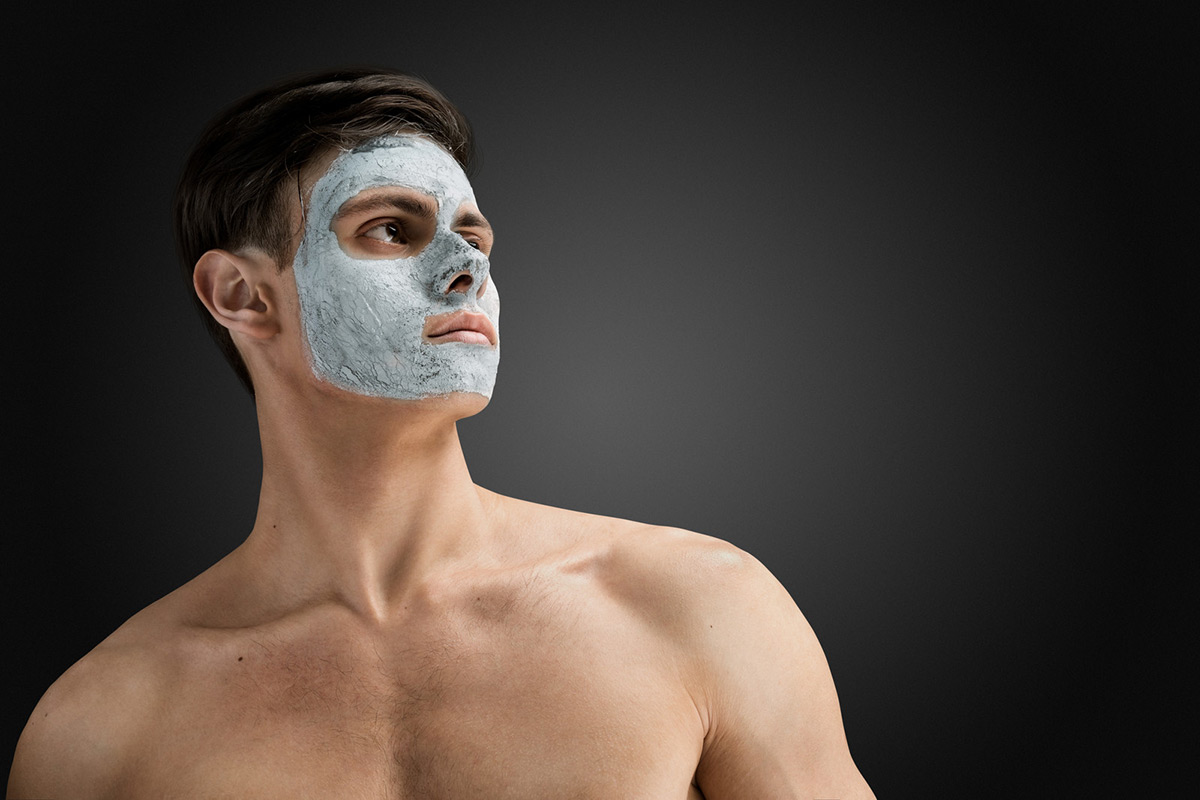Table of contents
Even dermatologists can appreciate the benefits herbs offer for keeping skin healthy and youthful. When so many of the ingredients in cosmetic and skincare products are synthetic, herbs offer a natural approach to healthy skin and may even have anti-aging and anti-inflammatory benefits.

© Can Stock Photo / fisher-photostudio
Some are beneficial to your skin when you apply them topically while others may offer more skin benefits when you consume them through diet. Let’s look at some of the best herbs for skincare and what benefits they offer.
Green Tea
Green tea is rich in antioxidant catechins that help fight oxidative damage. That’s important since oxidative damage plays a key role in skin aging by damaging collagen and elastin, two proteins in the dermis of the skin that support your skin and keep it firm and youthful. One way ultraviolet rays from the sun damage skin is by producing oxidative damage. With green tea catechins on board, you have a way to fight that.
Although you may get skin anti-aging benefits by drinking green tea, additional benefits may come from applying green tea catechins directly to your skin. There are a growing number of skin anti-aging products, serums, and moisturizers that contain green tea extract or green tea catechins. You can also find recipes online to make your own skin creams made with green tea.
Aloe Vera, one of the best Herbs for Men’s Skincare
The herb aloe vera has a long history of use as a skin conditioner and to treat wounds and burns. However, it may also help keep your skin youthful. According to Dr. Kenneth Mark, M.D., New York-based board-certified dermatologist in an article on Prevention.com, aloe boosts the activity of fibroblasts, cells that produce collagen and elastin, two proteins that support your skin and keep it looking youthful.
It’s also a source of antioxidant vitamins, including vitamins C and E, that fight oxidative stress. Aloe vera also helps hydrate dry skin and has natural anti-inflammatory properties.
Turmeric
Turmeric is an herb and spice with natural anti-inflammatory properties. The active ingredient in turmeric is curcumin. Some studies suggest that taking curcumin as a supplement or adding the spice to food reduces inflammation, including skin inflammation. Therefore, it may be of benefit for treating inflammatory skin conditions such as psoriasis or eczema.
A downside to turmeric is it has low bioavailability, meaning your body has a hard time absorbing and getting the benefits from it. One way to boost bioavailability is to add black pepper and a source of fat to turmeric. For example, add the spice to a dish along with black pepper and olive oil.
You can also use turmeric topically by adding turmeric powder to skin creams or by making a mask out of honey, turmeric powder, and coconut oil, but it’s not clear how much turmeric can penetrate your skin topically. Plus, the curcumin in turmeric is an intense orange color that can stain items. So be careful when you use it. You can also find skincare products that contain turmeric as an ingredient.
Chamomile
Chamomile is an herb from the Asteraceae family. Studies show chamomile has antioxidant and anti-inflammatory properties, making it an excellent choice for people who have eczema or psoriasis. Due to its calming, anti-inflammatory properties, it’s also a soothing option for sensitive or acne-prone skin. One study even found that apigenin in chamomile improves the skin’s barrier function, which makes it easier for your skin to keep irritants out. Look for moisturizers and serums that contain chamomile as an ingredient.
Another option is to make chamomile tea and store it in the fridge. After cleansing, apply the tea to a cotton ball and apply it as a gentle toner for your skin. Some people use chamomile oil after adding it to a carrier oil. One option is to add a drop or two of chamomile oil to a container of moisturizer and mix thoroughly.
If you’re allergic to daisies, marigolds, or ragweed or other flowers in this family, you may also be allergic to chamomile, so don’t use it.
Witch Hazel
Witch hazel is an herb with benefits for oily skin. This herb from the witch hazel shrub acts like a natural, but mild, astringent that tightens pores and reduces oil production. Also, witch hazel contains tannins that have anti-inflammatory activity and antioxidants that reduce oxidative damage that’s harmful to the skin.
Because of its ability to suppress inflammation, witch hazel also reduces skin redness due to irritation. Dermatologists often recommend using witch hazel after cleansing for people with oily skin to help shrink oversized pores and easy irritation.
The Bottom Line
Sometimes natural approaches work best, and that’s true of these five herbs that have skincare benefits. Don’t be afraid to take a more natural approach to keep your skin youthful and healthy.
References:
- Prevention.com. “8 Ways Aloe Vera Gel Can Benefit Your Skin, According to Dermatologists”
- Redonline.co.uk. “Why turmeric is brilliant for your skin”
- Herbal Medicine: Biomolecular and Clinical Aspects. 2nd edition. Benzie IFF, Wachtel-Galor S, editors.
- Boca Raton (FL): CRC Press/Taylor & Francis; 2011.
- Mol Med Report. 2010 Nov 1; 3(6): 895-901.doi: 10.3892/mmr.2010.377.
